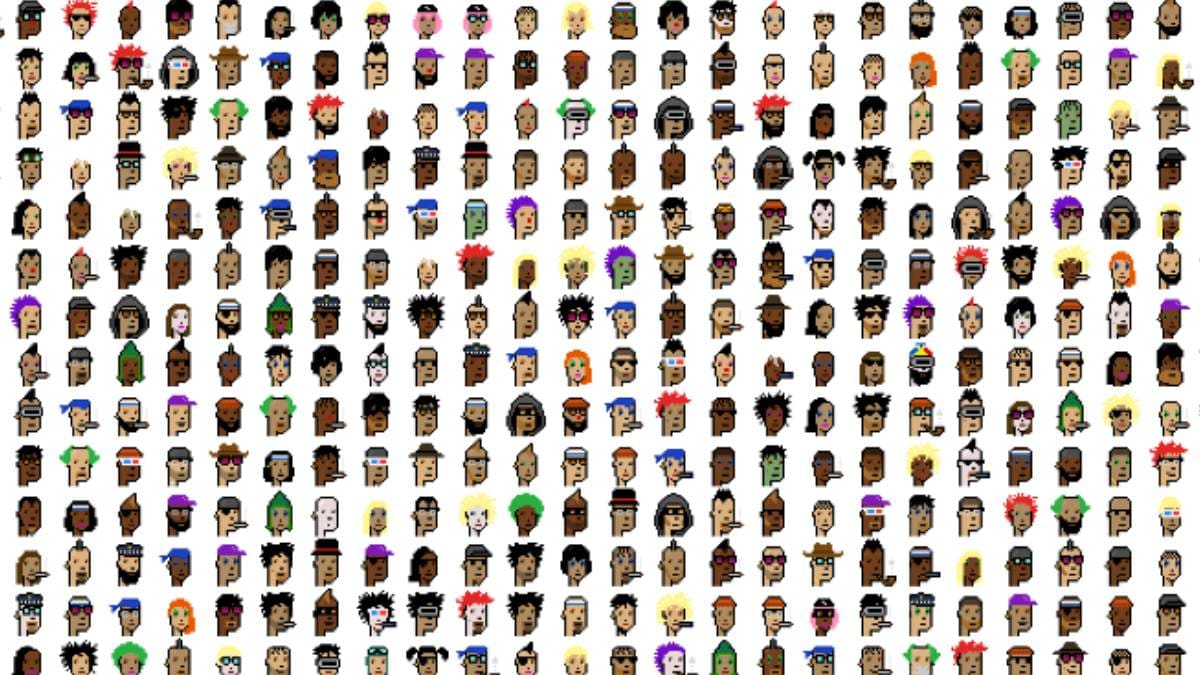After the skyrocketing popularity of NFTs among collectors, a new trend is the emergence of fractionalised NFTs (non-fungible tokens), that allow someone who owns assets on the blockchain to break down the ownership into smaller pieces. NFTs are (to oversimplify) digital assets that carry a unique fingerprint, that can be identified even if the files are copied. This way, someone who owns an original piece of digital art remains its owner, just like if you bought a physical painting. Someone else can always make prints, but the original can be recognised. With the values of NFTs going up (earlier this week, for example, rapper Snoop Dogg revealed that he’s been calling NFTs under a pseudonym, and has over $17 million or roughly Rs. 125 crore worth) it’s no surprise that people are now looking at ways in which these purchases can be divided among groups, for NFT projects where people believe the value will go up over time.
“It is very much as if the Louvre decided to fractionalise the Mona Lisa and distribute a portion of it for the public to own. However, unlike at the Louvre, collective ownership of art is really only possible using crypto art,” Jamis Johnson, chief pleasing officer of an organisation called PleasrDAO that represent member NFT collector had recently said, explaining the concept.
The concept of fractionalised NFTs is aimed at allowing retail traders of art works to reap advantages of experimenting in the crypto space. Fractional NFTs are further believed to have an important part in democratising the crypto culture.
Any NFT can be divided into millions or even billion of pieces, letting that many people buy and own parts of it. The holders can later trade their stake later for an even higher price and make profits on their initial investment.
In June this year, the meme behind the popular cryptocurrency Dogecoin was sold as an NFT for $4 million (roughly Rs. 29.5 crores). Later in September, when the Dogecoin NFT was fractionalised into 17 billion parts, and put up for auction, its value exploded to over $220 million (Rs. 1624 crores).
doge meme NFT shows nobody can funge harder than dogecoin fans – splitting NFT ownership into 17 billion individually tradable pieces.
you can’t spell ‘allegedly non-fungible’ without ‘fun’https://t.co/7lYQ7l2zFS
— Gordon Mohr ꧁????????꧂ (@gojomo) September 9, 2021
For NFT owners, price discovery, asset liquidity as well as diversifying investment are the three major benefits if they are considering fractionalising their assets, as per a report by CoinBureau.com. “NFT fractionalisation is most likely destined to disrupt not only the world of fine art and gaming, but potentially even that of Decentralised Finance (DeFi) and investing as a whole,” the CoinBureau report noted.
Fractionalisation of NFTs is majorly done on Ethereum – which is world’s second most valued cryptocurrency.
Cryptocurrency is an unregulated digital currency, not a legal tender and subject to market risks. The information provided in the article is not intended to be and does not constitute financial advice, trading advice or any other advice or recommendation of any sort offered or endorsed by NDTV. NDTV shall not be responsible for any loss arising from any investment based on any perceived recommendation, forecast or any other information contained in the article.

